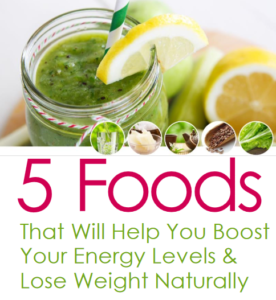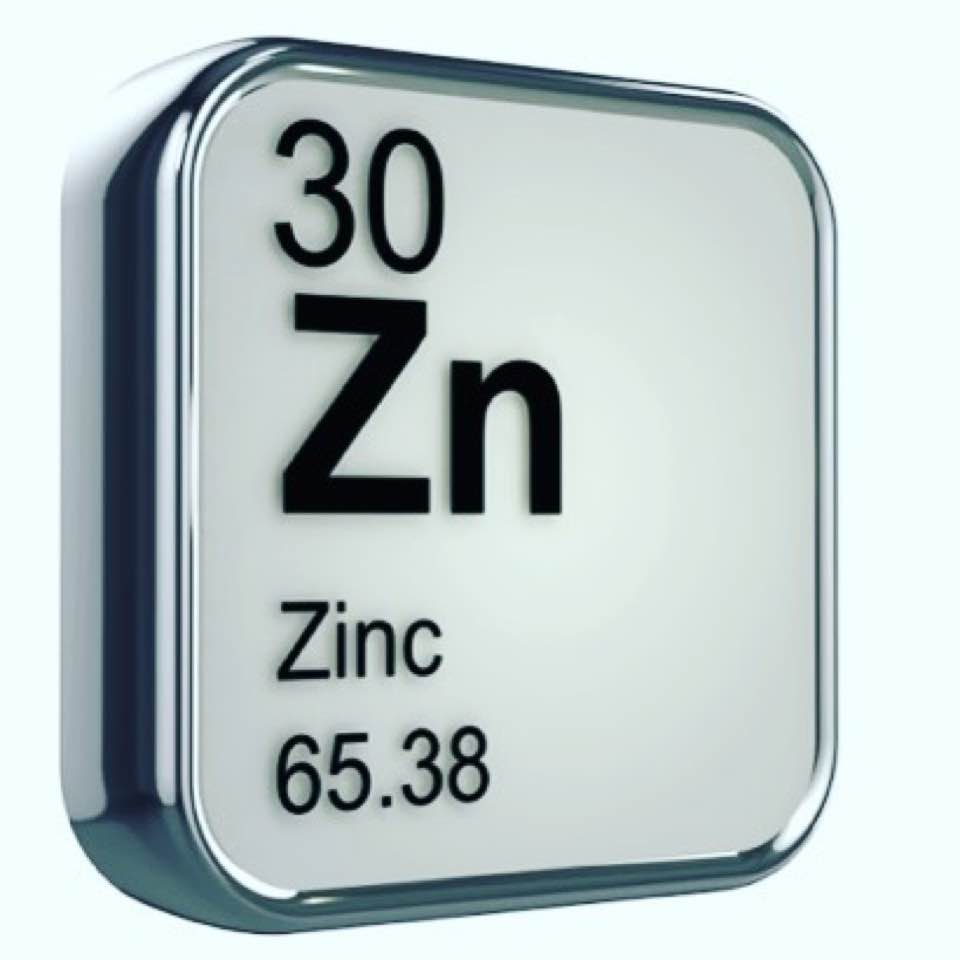
Zinc is an essential trace element, that’s found and used by every cell throughout your body. Could this simple mineral deficiency be the cause of your health issue?
It’s estimated that around 20% of the world’s population, have sub-optimal zinc status.
This nutrient isn’t usually in the spotlight, but your body’s performance wouldn’t be nearly as harmonious without it.
Why is Zinc So Important?
It is important for the functioning of over 300 enzymes and underlies the physiology of every body system.
Zinc is one of 16 essential minerals that you need to survive. you only need small amounts of it. Anytime a nutrient is considered ‘essential’ it means your body needs it to stay healthy, you can’t produce it and therefore you must get it from your food.
We don’t hear as much about it as we do major minerals—like iron, sodium, potassium, calcium and magnesium—which your body uses in larger amounts. But your body relies on zinc for growth, maintenance, and numerous biological functions – skin health, immunity, growth hormones, and more, so it’s definitely worth keeping tabs on your intake.
Someone I know told me that when she addressed her zinc deficiency, within days, her energy and sleep returned to normal.
What are the signs that you might not be getting enough zinc?
- A weak immune system (frequent and/or long colds), poor wound healing
- GI issues – Diarrhea, low stomach acid production, gut wall barrier function
- Hair loss
- Hormonal imbalance (PMS, hypothyroid, low progesterone, infertility, low libido)
- Fatigue or Brain fog
- Changes in taste & smell
- Slow growth in early years
- Low mood, memory, concentration
- Anxiety and depression
Incredible Benefits of Zinc
Your body uses zinc in numerous ways, here are some of the key areas:
1. Significantly boosts your immune systemand helps to fight off viruses and bacteria.
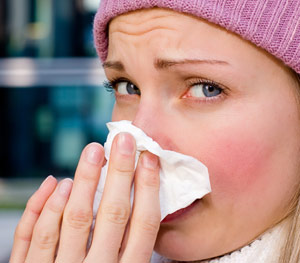
It’s essential for the normal development of your immune cells, zinc supplements can be used in SOS moments to reduce the duration of a cold. It also supports the function of the enzyme superoxide dismutase (SOD) that protects your cells from oxidative damage caused by exposure to environmental toxins.
2. It can help your skinand plays a key role in cuts and scrapes healing properly —in fact, it’s involved with every stage of the process, tissue renewal to scar formation. If it takes a while for your cuts, scrapes, and burns to heal, you may want to take a look at your zinc intake. Acne sufferers – studies have found that certain forms of the mineral can soothe breakouts.
3. Zinc may help keep your vision healthy as you age. Several studies have found that supplementing with zinc can help protect you against advanced age-related macular degeneration. This is a condition that can lead to vision loss, and it’s most common in those over 50.
4. Zinc keeps your blood sugar stable and plays a role in the synthesis, storage, and release of insulin in your pancreas. So, a zinc deficiency could negatively affect your insulin levels, which can lead to negative changes in appetite and blood sugar levels.
5. It keeps your digestion running smoothly. Zinc acts as a co-factor in a lot of gut activities – like helping your body to properly digest food(stomach acid production), absorb nutrients and may improve your gut wall integrity.
You may mistake symptoms like nausea, vomiting, or diarrhoea for something like a gluten intolerance. Zinc deficiency is related to digestive problems like diarrhoeaand supplementation has been shown to reduce the duration of acute diarrhoea.
6. It could help reduce inflammation: Some researchers believe that low zinc levels are associated with systemic inflammation, a condition that’s linked with everything from heart disease to cancer.
I have written before about how inflammation is increasingly thought to be a significant contributor to many chronic illnesses—from cancer, heart disease, autoimmune disorders and Type 2 diabetes—more so as we get older.
Chronic, low-grade inflammation is worsened by excessive fat around the middle, poor diet, lack of exercise – all the usual lifestyle factors.
Zinc is one of the body’s natural anti-inflammatories, however it is susceptible to malabsorption, particularly as we grow older, leading to deficiency.
7. Zinc benefits both male and female hormonal health, you need sufficient levels of zinc for your body to create hormones. and to maintain proper hormone balance.
Boosting fertility, as it plays an important role in increasing testosterone naturally, and is involved in the creation and release of eggs within and from the ovaries.
Research has found that zinc levels are directly associated with the following hormones,
- Testosterone
- Growth hormone
- Thyroid hormones – T3 & T4
- Oestrogen
- Progesterone
If your levels are too high or too low it can cause problems with menstruation, mood swings, early menopause, thyroid and infertility.
8. When you’re under stress, whether emotional (e.g. work) or physical (e.g. trauma, overtraining), you’re at risk of using up zinc more quickly than you’re able to replenish it, and become more vulnerable to infection, as well as other health issues, such as depression.

Zinc manufactures enzymes which are required for serotonin (the happy hormone) production and is also involved in the synthesis of a neurotransmitter called GABA that calms down your nervous responses.
In particular it reduces the activity of beta waves in your brain, this allows more analytical thinking.
Studies have shown that zinc levels are low in patients who are anxious or depressed.
Zinc also ….
- Helps to create DNA in every cell
- Is essential during growth and development in babies and children.
- Provides building blocks for enzymes needed in a healthy metabolism.
- Supports protein synthesis.
- Allows you to smell and taste.
- Can combat high blood pressure.
- Boosts athletic performance through improved muscle repair.
Who may be at risk of a low zinc status:
- Vegans and vegetarians are susceptible, as plant foods are less abundant in zinc than animal protein. Plants are often rich in a substance called phytic acid that inhibits the absorption of minerals.
- Poor absorption – amongst those with digestive conditions (e.g. inflammatory bowel disease) and diarrhea.
- Low stomach acid levels driven by ageing and stomach acid lowering medications, result in poor zinc absorption. The elderly, are most susceptible be the reason why they are at high risk of a zinc deficiency and immune issues.
- High usage of zinc – due to high stress, or pregnancy, breastfeeding, high alcohol intake, and chronic use of other ‘zinc-depleting’ medications such as diuretics.
How Do You Increase Your Zinc Status?
Zinc is found in animal protein, especially red meat, turkey, oysters, and shrimp.
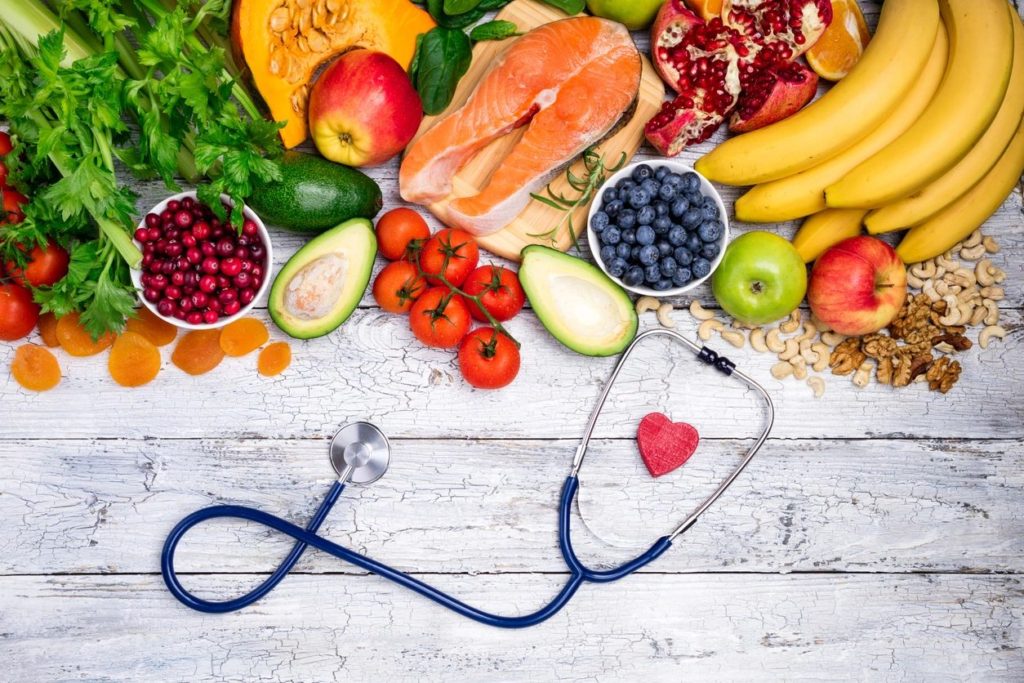
Plant foods also provide zinc – pulses, legumes, nuts, and seeds i.e. cashews, pumpkin seeds, beans, lentils, quinoa and eggs. To improve the absorption of zinc from phytate-rich plant foods such as pulses, grains, nuts and seeds – soak, ferment, or sprout them, this will help to reduce the phytate content.
Support your ability to handle stress by practicing a daily relaxation technique, increase your intake of calming herbs, nutrients – like B Vitamins, magnesium, passiflora and L-theanine. Using calming essential oils – lavender, clary sage and bergamot.
Support your digestion and absorption – with mindful eating, probiotics and digestive enzyme supplementation.
Consider daily zinc supplementation, especially if you are vegan, vegetarian, pregnant, breastfeeding, and for children as well, and seek the advice of a professional for tailored advice according to your unique health needs. Zinc supplementation has been shown to be beneficial for a wide range of clinical scenarios.
Improving your zinc status may well be the missing link to your path to optimum health.










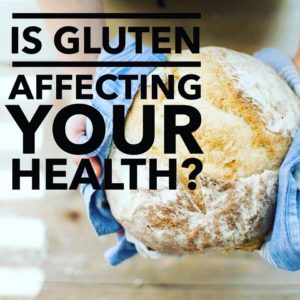 Is the Gluten Free Diet Just a Fad?
Is the Gluten Free Diet Just a Fad?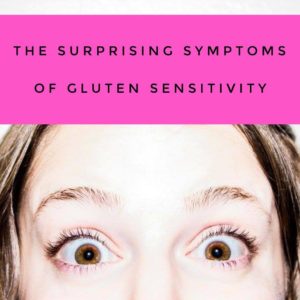 If you’re already experiencing these types of symptoms, first consult a health professional rather than diagnosing yourself.
If you’re already experiencing these types of symptoms, first consult a health professional rather than diagnosing yourself.